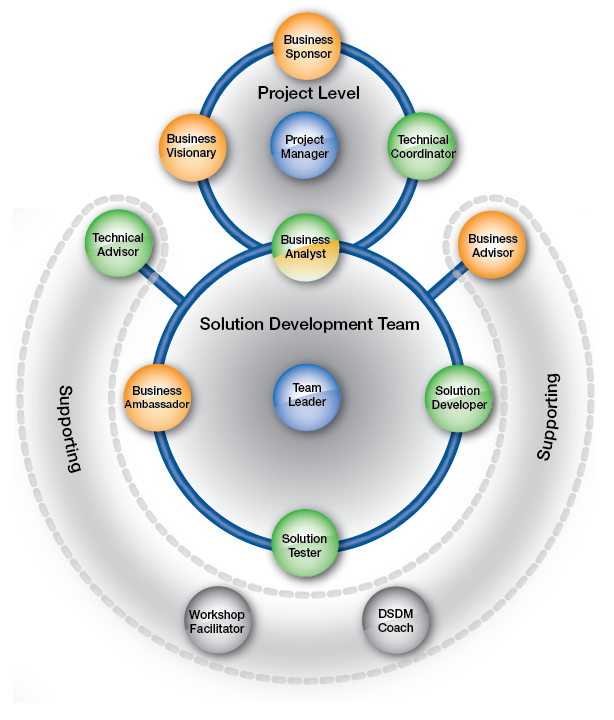“After the first year of dealing with the pandemic, we now know that agile attitudes, habits and techniques have allowed many companies to survive.”
This year marks 20 years since a revolution took place in the management of IT projects. It’s fair to say that this almost hippie approach is behind the success of today’s technological development in the world. Agile software development enables flexibility, transparency, common sense, and timely delivery. In a nutshell, it enables better cooperation between business and development. Today, when the world presents us with great challenges, and the reality forces almost all organizations to change the mode and style of work, the Agile methodology turns out to be beneficial. Can Agile be implemented in other areas of business other than software development? Can it be used in public organizations for instance? How is the pandemic influencing the popularity of agile methodologies? In an interview with Witold Janicki, Promity Academy trainer, we try to answer some of these questions.

.
Much is being said, of being agile. What exactly is “agile” or “Agile” from your point of view?
Agile written in capital letters is something more. It is a philosophy of operation in business, i.e. a set / system consisting of:
- Description of the business reality – dynamic, variable, uncertain and the client’s attitudes,
- Critical evaluation of traditional methods of operation,
- The set of values and the corresponding attitudes expected from people operating in business
- Principles of action,
- Developed practices and techniques, including production teams and organizational structures.
So, has agile become fashionable or is it due to the
needs of today? Fashion is something that passes, aren’t you afraid that Agile may also pass away or evolve into something completely different?
Agile was born in 2001, which is quite a long time ago! In the beginning, it was rather a hippie, contestation movement, going against the current trends. Nowadays, Agile has established itself as mainstream. If at the same time it’s a trend, it’s very useful, as is the trend for ecology or renewable energy 😊. In a few years and maybe even faster thanks to COVID19, Agile will become a must have.

Ok, but today if we say “Agile” we think “IT”. This philosophy, despite its hippie nature, derives from the information technology environment and contested the status quo back then. Can it be implemented more widely in business? Is it possible to implement agile methodology in marketing projects, for instance?
Agile philosophy actually has its origins in IT, because IT was the first and foremost affected by the rising tempo of changes in the business. But for the last couple of years Agile has become a universal philosophy that has been adopted across the entire business ecosystem. Just change one term in the Agile Manifesto to make it universal (“Working software” -> “Solution”). Marketing, production, design, logistics, education, public service sector – Agile is here for good.
We are, of course, talking about private sector organizations. A real revolution would be the adaptation of Agile project management in the state administration. Is it even possible without making radical changes in the public sector?
Yes, and what’s more, our observations show that public organizations do it surprisingly often, willingly and consciously. Not only to better cooperate with agile suppliers, but because the pace of change also affects the public sphere and the expectations of its customers, i.e. residents and citizens. In Poland, the Ministry of Digitization with former minister Anna Streżyńska was partially responsible for such a quick adaptation.
We are currently in an unusual situation for the vast majority of companies. Many organizations have had to switch to remote working mode. It was not easy, especially for large companies. However, there are companies for which remote work is not a problem. So how will the current situation related to the Covid-19 pandemic affect the Agile idea?
That’s the million dollar question! After one year of struggling with the pandemic, we already know that agile attitudes, habits and techniques have allowed many companies to survive. Firstly, agile-oriented businesses were able to respond quickly to the new situation, we can say that companies was instilled with agile against lockdown. Secondly, a few key techniques are great for remote work, such as:
- small interdisciplinary agile teams,
- daily communication habits
- transparency habits – Scrum / Kanban board, simple and clear Product Backlogs
- delegating authority to agile teams to develop a sense of responsibility and habits of independent work without supervision in the members of these teams.
The future of Agile is as certain as a change in business, i.e. first it will improve, but after some time it will completety change or be replaced by a new revolution.




